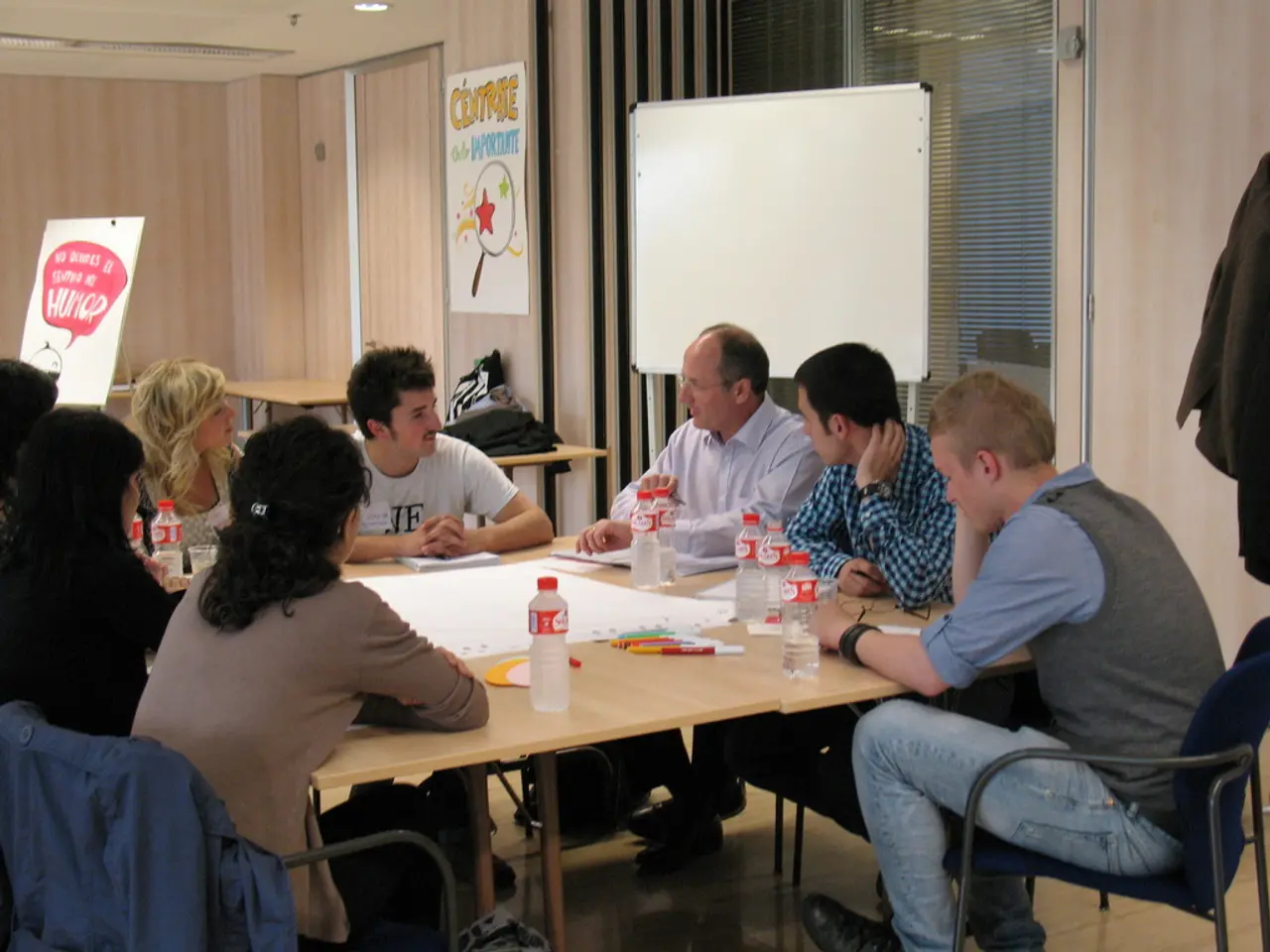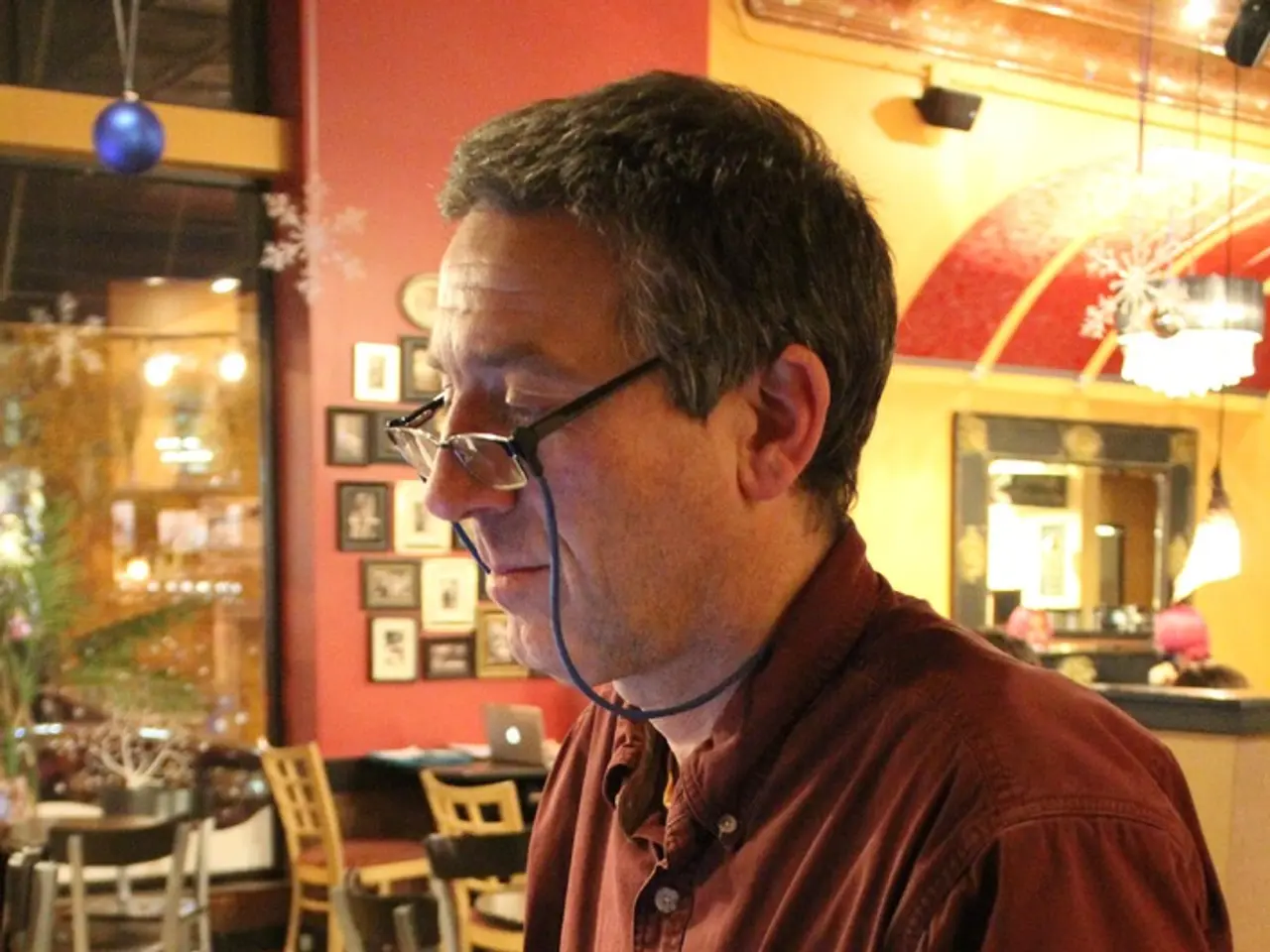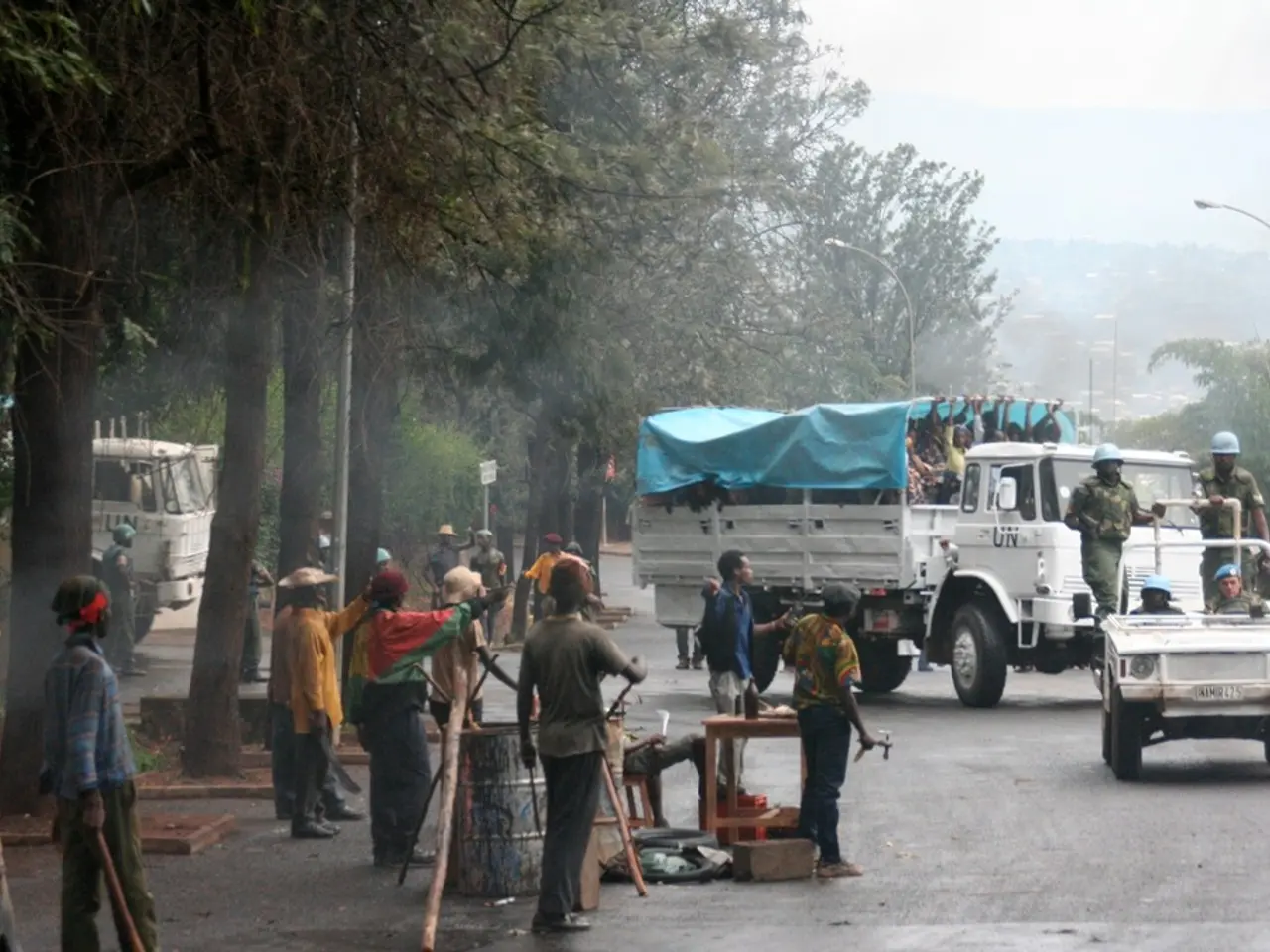The Council of Regions is advocating for the Commission's inclusion in the drafting of the said report.
In a call for change, Michael Roth, German Member of the European Parliament and rapporteur on the EU Pact on Migration and Asylum, has proposed a new approach to handling asylum seekers at the EU's external borders. This approach, based on two pillars, includes a mandatory initial assessment of asylum seekers and a fair distribution mechanism among member states.
The proposed plan aims to conduct a swift and fair initial evaluation on whether asylum claims are well-founded, particularly focusing on those from countries with low protection recognition rates. Following this assessment, the proposal emphasizes allocating asylum seekers across EU states according to a solidarity mechanism, sharing responsibility equitably.
Currently, the EU is also advancing a list of "safe countries of origin" at the Union level, which would trigger accelerated asylum procedures for nationals from those countries. However, this concept has faced significant criticism and legal challenges, with concerns that it may undermine fair and full asylum procedures and potentially violate EU and international refugee law.
Roth insists on this change before Ursula von der Leyen's State of the Union speech, expressing concerns about the lengthy asylum process at the EU's external borders. He suggests that states who cannot take in refugees should contribute financially, technically, or with personnel, or increase contributions to development cooperation and humanitarian aid.
While Roth did not specify which EU borders are being referred to, he stated that no state can completely opt out of refugee responsibilities or merely provide a fence or barbed wire. He also emphasized that individuals with poor prospects would undergo a legal process on the spot and be required to leave if necessary, while those with a realistic chance of staying would be distributed to an EU country for the asylum process.
The specific details of the proposed new approach were not mentioned, and the number of refugees currently waiting at the EU's external borders remains unknown. The subject of discussion was reported by dts Nachrichtenagentur, with Roth making these comments to news portal T-Online.
This new approach reflects the ongoing debates and legal scrutiny regarding human rights safeguards and the designation of safe countries. It combines a swift, mandatory border procedure to assess admissibility of claims, with a solidarity-based system to distribute asylum seekers fairly among member states.
[1] European Commission (2021). Proposal for a Regulation on Establishing an EU+ Asylum and Migration Management System. [Online]. Available: https://ec.europa.eu/info/law/better-regulation/have-your-say/initiatives/12527-Proposal-for-a-Regulation-on-establishing-an-EU-Asylum-and-Migration-Management-System
[2] European Council on Refugees and Exiles (2021). EU Asylum Procedures Directive: ECRE's Position. [Online]. Available: https://www.ecre.org/news/eu-asylum-procedures-directive-ecres-position/
[3] Amnesty International (2021). Europe's Safe Countries of Origin: A Dangerous Policy. [Online]. Available: https://www.amnesty.org/en/latest/news/2021/04/europes-safe-countries-of-origin-a-dangerous-policy/
[4] European Court of Justice (2021). Judgment in Case C-648/19 PPU, Salvini v Council. [Online]. Available: https://curia.europa.eu/juris/document/document.jsf?text=&docid=220840&pageIndex=0&doclang=EN&mode=lst&dir=&occ=first&part=1&cid=667367
- In alignment with this new approach, Michael Roth has emphasized the need for a swift and fair initial assessment of asylum claims, particularly from countries with low protection recognition rates, encompassing policy-and-legislation changes regarding the EU Pact on Migration and Asylum.
- The ongoing debates and legal scrutiny regarding human rights safeguards and the designation of safe countries, as evidenced in the European Commission's proposal for an EU+ Asylum and Migration Management System (European Commission, 2021), reflect that politics on war-and-conflicts and general-news can significantly influence policy decisions pertaining to asylum seekers at the EU's external borders.








